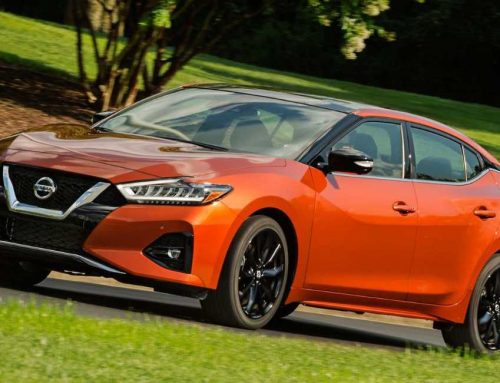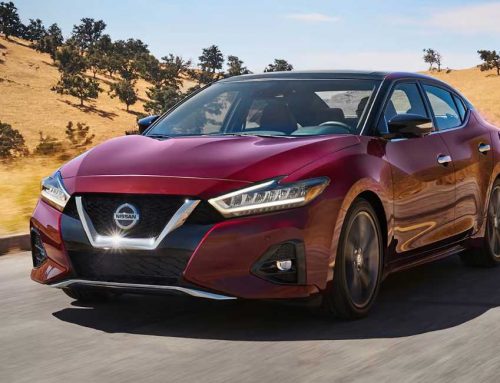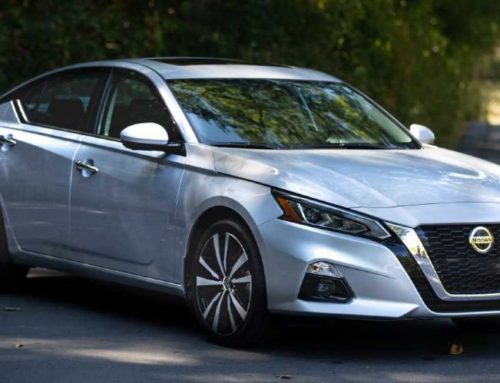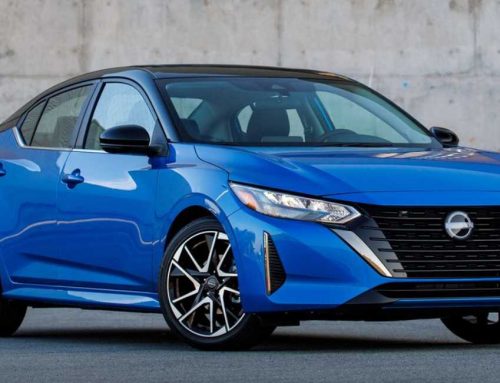Choosing the right car dealer is a pivotal step in the car-buying process. Whether you’re in the market for a brand-new vehicle or a used one, the dealership you select can greatly impact your overall experience. Here are the top five factors to consider when choosing a local car dealer:
Reputation and Reliability
One of the first things you should research when looking for a local car dealer is their reputation. Reputation is everything in the automotive industry. Start by scouring online reviews on platforms like Google, Yelp, and DealerRater. These reviews often provide insights into other customers’ experiences with the dealership.
Additionally, don’t hesitate to ask friends, family, or colleagues for recommendations. Word-of-mouth referrals can be invaluable, as they come from trusted sources who have firsthand experience with the dealer.
Beyond that, check with organizations like the Better Business Bureau to see if there are any unresolved complaints against the dealer. A dealership with a good reputation is more likely to provide reliable vehicles and excellent customer service, making your car-buying journey smoother and more satisfying.
Inventory Selection
The ideal local car dealer should have a diverse inventory that caters to a wide range of needs and preferences. Whether you’re interested in compact cars, SUVs, trucks, or luxury vehicles, a well-stocked dealership allows you to compare different makes, models, and price ranges.
A comprehensive inventory not only provides you with more options but also increases the likelihood of finding the perfect vehicle that matches your requirements. Before settling on a dealership, ensure that their inventory aligns with the type of vehicle you’re looking for.
Price Transparency and Fair Pricing
Transparency in pricing is non-negotiable when choosing a local car dealer. A reputable dealership should provide clear and upfront pricing information. This includes not just the base price of the vehicle but also taxes, fees, and any additional costs.
Be cautious of dealerships that tack on hidden fees or attempt to upsell you with unnecessary extras. It’s essential to have a complete understanding of the total cost of your purchase. To ensure you’re getting a fair deal, research the market values of the vehicles you’re interested in and compare them to the dealer’s prices.
Service and Maintenance
Your relationship with the dealership doesn’t end once you drive your new car off the lot. It’s essential to consider the quality of the dealer’s service department. Does the dealership offer maintenance and repair services for the vehicles they sell? A reliable service department can save you time and money in the long run by providing expert care for your car.
Check if the service department is well-equipped with certified technicians who can handle routine maintenance as well as more complex repairs. Having a trusted place to take your vehicle for servicing ensures that it remains in top condition throughout its lifespan.
Financing and Warranty Options
Financing plays a crucial role in your car-buying decision. Evaluate the financing options offered by the dealer. Compare interest rates, down payment requirements, and loan terms to find the best deal that aligns with your budget.
Additionally, inquire about warranties or extended service plans. These plans can offer added protection for your investment and peace of mind in case of unexpected issues. Understanding the dealer’s financing and warranty options is essential for your long-term satisfaction with your vehicle.
In conclusion, choosing a local car dealer is a significant decision in the car-buying process. By considering factors such as reputation, inventory selection, price transparency, service and maintenance, and financing and warranty options, you can make an informed choice that leads to a successful and enjoyable car-buying experience. Remember that a reputable dealer goes beyond just selling cars; they aim to provide exceptional service and support throughout your ownership journey.






